Torri J. Evans-Barton had faced some adversity growing up in a single-parent household, but she had always felt that for the most part, it was a good life.
By the age of 31, she had graduated college, earned a master’s degree in biochemistry and had even lived abroad in London for a while. Plus, she was engaged to a man whom she loved dearly. Still, Evans-Barton couldn’t shake the feeling that something was missing in her life. After lots of soul-searching, she finally had what Oprah refers to as an “aha moment.”
“Being engaged made me start thinking about a lot of things like, ‘who will walk me down aisle,’” remembers Barton, 43, of Atlanta. “Then it finally hit me, that I needed to know more about the part of me that I knew very little about; that sent me on a quest to look for my father.”
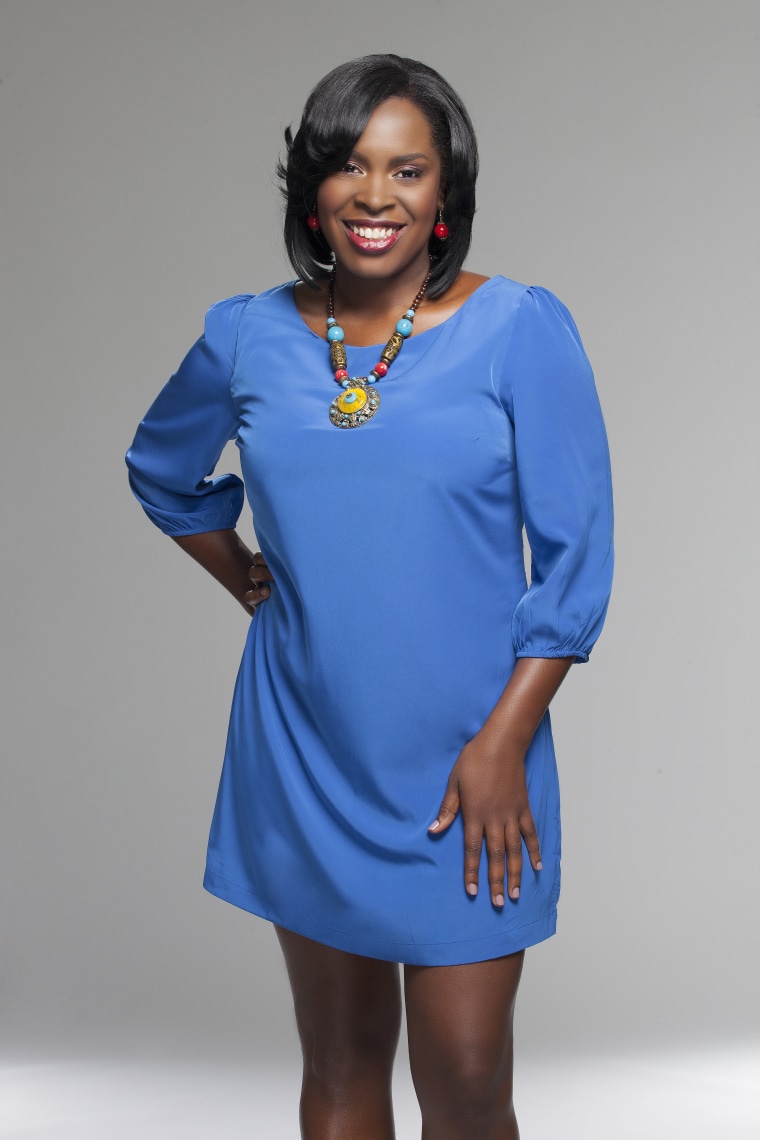
Her mission to fill the undeniable – and seemingly unavoidable – void in her life began with her reflecting back on that moment when she was 18 and her mother had pointed at a stranger seated inside a crowded Kalamazoo, Michigan church, and stated matter-of-factly, “that’s your father.”
Evans-Barton met him briefly and even attended his wedding, but still, she knew very little about the man whom a DNA test would later confirm had helped bring her into the world.
Those DNA test results sit on her work desk today. “It’s motivation every day for the work that I do,” she says.
Related: Essay: Black Fathers, Fight for Your Right to Parent
It would be 13 years after that impersonal and confusing first meeting – and a heartfelt letter and several phone calls in-between – that she would, end up one day in a crowded Kalamazoo steakhouse seated across from the man from whom she had inherited her smile.
“I had butterflies in my stomach,” she recalls, of that long-awaited meeting with her stepmother and father in 2005. “I had no idea how I was going to eat anything.”
"By being reunited with my biological father I was positioned to heal from the trauma fatherlessness introduced."
By the time it was over, she’d naively assumed that the meeting would complete her journey of self-discovery – it turned out to be the beginning of something much bigger.
“As I proceeded to sit in my chair I heard the Holy Spirit tell me, ‘… And call it The Fatherless Generation Foundation,’” vividly recalls Evans-Barton, who is an ordained minister. “I didn’t even know what that message was about, but I immediately commissioned a graphic designer to create a logo for this new venture, even before I knew what it was.”
A seed had been planted, but it would take four years for it to take shape. In 2009, she formally channeled the emotions she’d experienced in her shameful and painful journey from fatherlessness to forgiveness, into an Atlanta-based nonprofit aimed at, “reuniting fatherless children with their biological fathers, all while providing the resources and services that strengthen, support and elevate the commitment to fatherhood and family values.”
According to U.S. Census Bureau statistics, out of about 12 million single parent families in 2016, more than 80 percent were headed by single mothers. Today one in four children under the age of 18 — an estimated 17.2 million — are being raised without a father and about 40 percent, live below the poverty line.
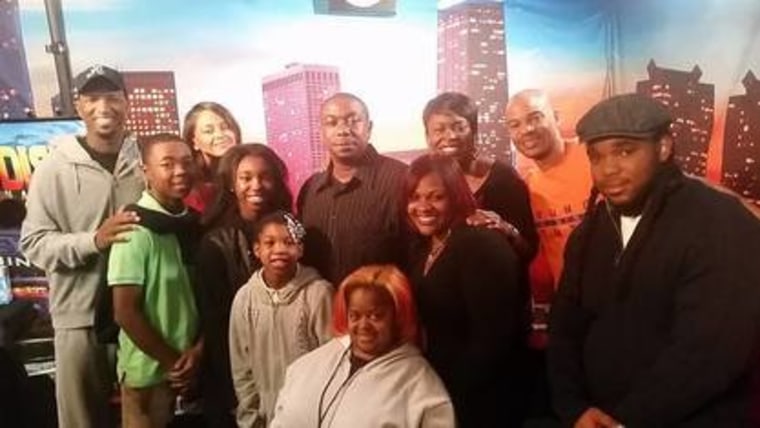
By the time Evans-Barton’s father died in September of 2007 from diabetes complications she’d developed a personal relationship with him and many of the 11 brothers and sisters, 76 nieces and nephews and 30 great-nieces and nephews she’d learned of during their reunion.
With offices in Atlanta and Washington, DC, the Fatherless Generation Foundation now provides services in 87 cities, within 31 states; services launched this month in Orange County, California, St. Louis and Miami. In seven years, Evans-Barton says, it has helped 1,512 fatherless children reunite with their biological fathers; 1,100 of those emotional reunions took place in 2016 alone.
"Finding my biological father at 31 years old caused me to realize the significance fathers play in our lives,” says Evans-Barton, who does not yet have any children of her own with her husband of three years. “I believe, if possible, all human beings should have the same opportunity I was provided. By being reunited with my biological father I was positioned to heal from the trauma fatherlessness introduced."
Evans-Barton says mostly frustrated fathers and young people and adults seeking to connect or reconnect with their absent fathers, reach out in pursuit of the foundation’s signature reunion services which, for a nominal fee, provides access to its network of project managers, attorneys, community activists, private investigators and family therapists – all focused on “reuniting the fatherless, reconciling families.”
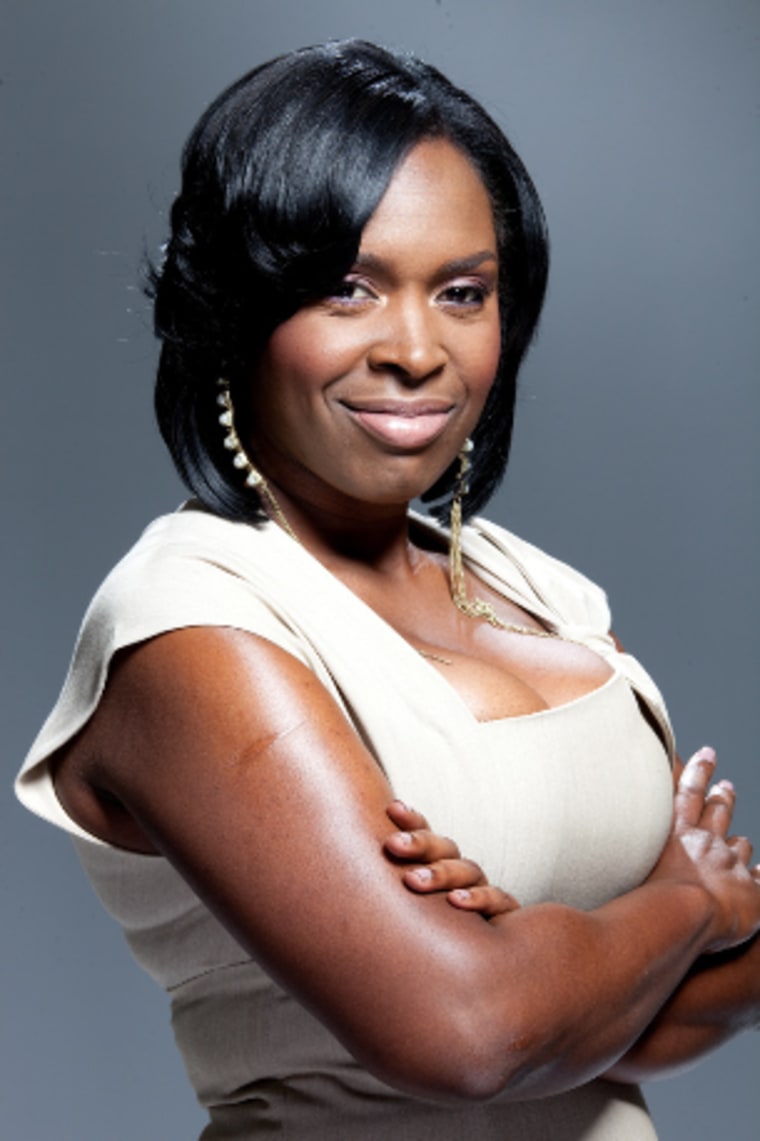
The money generated from the service fees help pay support staff and fund the foundation’s education initiatives, including a partnership with the Kumon supplementary education chain that provides free tutoring for fatherless children who are struggling in school.
“Statistics show that 75 percent of fatherless children drop out of high school, but nobody talks about that,” adds Evans-Barton.
Related: A Hundred Black Men High-Five Students on First Day of School
The foundation’s flagship program is a specially-designed support group that college students facilitate at Boys & Girls Clubs across the country; it aims to help fatherless youth better navigate the debilitating and destructive feelings they often experience growing up. To date, more than 40,000 fatherless children have matriculated through the program to date, according to Evans-Barton.
“I have literally had to hold some of them – some bigger than me – in my arms like a baby because the pain is so intense,” she says. “You’ve got to give them a safe space to scream and to share those emotions they’re holding in, because the pain is so great.”
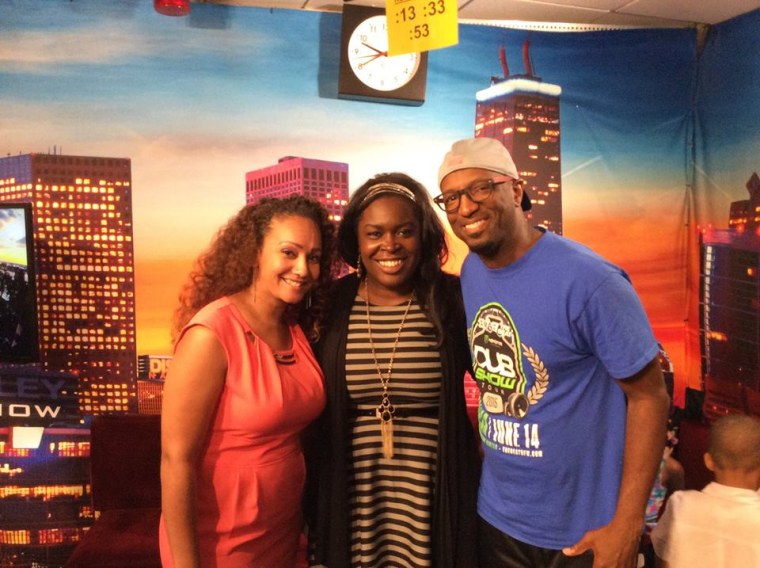
Daniela Peel, 41 of Suwanee, Ga., says she is grateful for the passion and compassion “Dr. Torri,” as many of her clients call her, brings to her work. Peel connected with the foundation after learning that the man whom she’d called daddy for nearly four decades was not her biological father.
“I think she truly cares and she brings to her work a high level of understanding, having gone through it herself,” says Peel, who began volunteering with the foundation after its team helped find her birth father.
Related: 'I Am Strong': Dad's Sweet Pep Talk With Daughter is a Positive Family Tradition
Evans-Barton also facilitates tearful reunions between fathers and their fatherless children live on the radio each month during the “Father’s Day” segment on the nationally-syndicated “The Rickey Smiley Morning Show.” The foundation has had to set up a phone bank to manage the overwhelming number of calls they receive from mostly fathers, yes fathers, seeking help after the segment.
“There’s this negative stereotype projected out there that fathers, particularly fathers of color, don’t want to be involved with their kids; that they’re not fighting for them, but that could not be farther from the truth,” she says.
Evans-Barton says it’s disheartening to see that in many cases, even when problems of substance abuse, neglect and abuse exist with the mother that the child welfare services often opt to place the child or children with another relative or even foster care over giving custody to the biological father. “And it’s all about money,” she says. “I see it all the time, fathers spending thousands of dollars fighting in court only to lose. I think we still have this idea that fathers are not nurturers like mothers.”
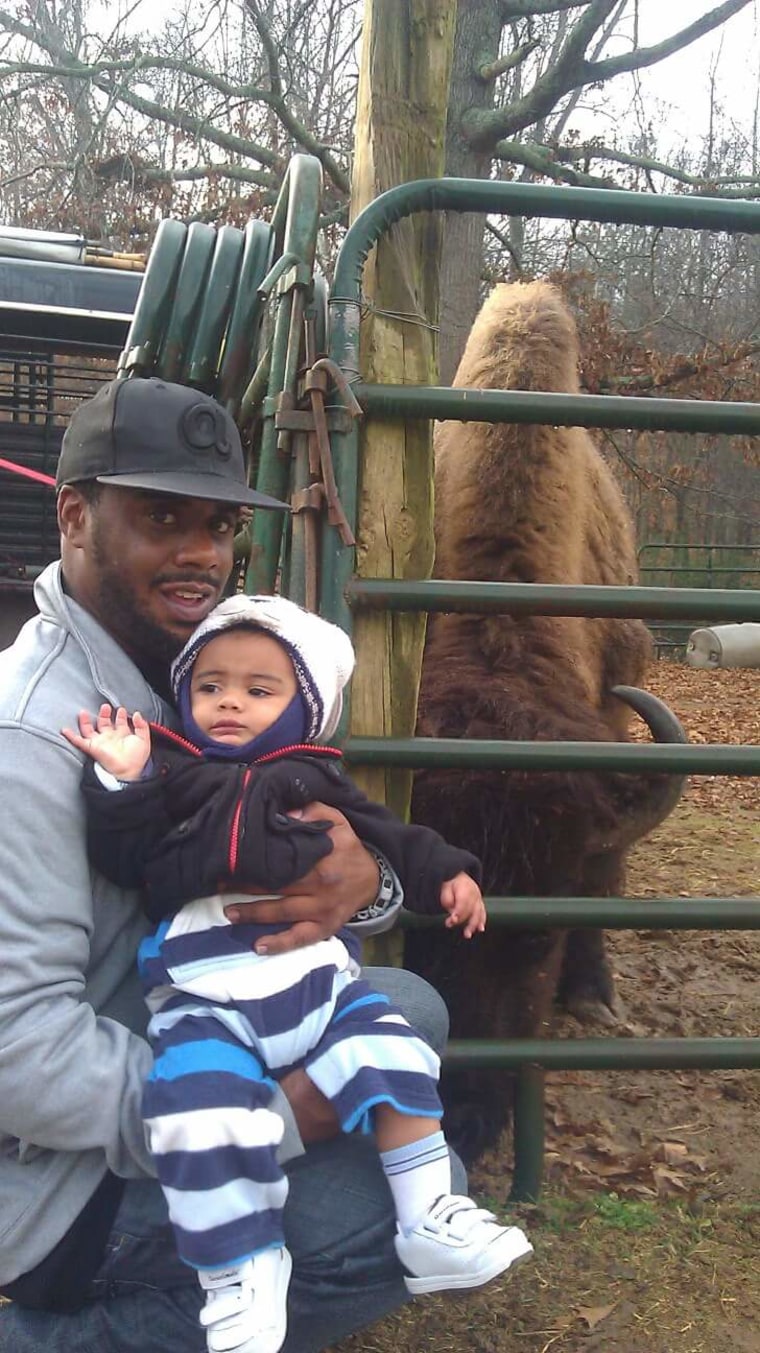
Marqarius Harris, 31, of East Atlanta, can relate. He turned to The Fatherless Generation Foundation’s team for help when his ex-girlfriend kept him from his son – at one point for an entire year – and refused to add his name to the birth certificate. It took nearly a year, but with the foundation’s helped he has “legitimized” his now five-year-old son and now shares joint custody of little Giovanni-Amare.
“A lot of women use their children as a tool of revenge and it’s not right,” he says. “Just because the relationship didn’t work out, doesn’t mean that the man can’t be a good father. I owe Dr. Torri everything for turning my situation around.”
Related: Black Fathers: Absent No More
Earlier this year, the office of President Barack Obama presented Evans-Barton with The Presidential Lifetime Achievement Award for her work serving fathers and the fatherless. She also volunteers her time on the advisory boards of the Father’s Day Council and Women Against Paternity Fraud nonprofits.
Evans-Barton admits that even with her deep-seated passion, her work is often all-consuming and emotionally-draining, especially raising the funds the foundation needs to remain afloat. But then every time she witnesses another one of those heartfelt father-child reunions, she says she gets reinvigorated all over again.
“I am usually very busy around Father’s Day every year, but it’s so much bigger than one day for me,” she says. “I get so emotional and excited when I get so many letters and pictures from these families reunited and happy together. It reminds me every day that anything really is possible.”

